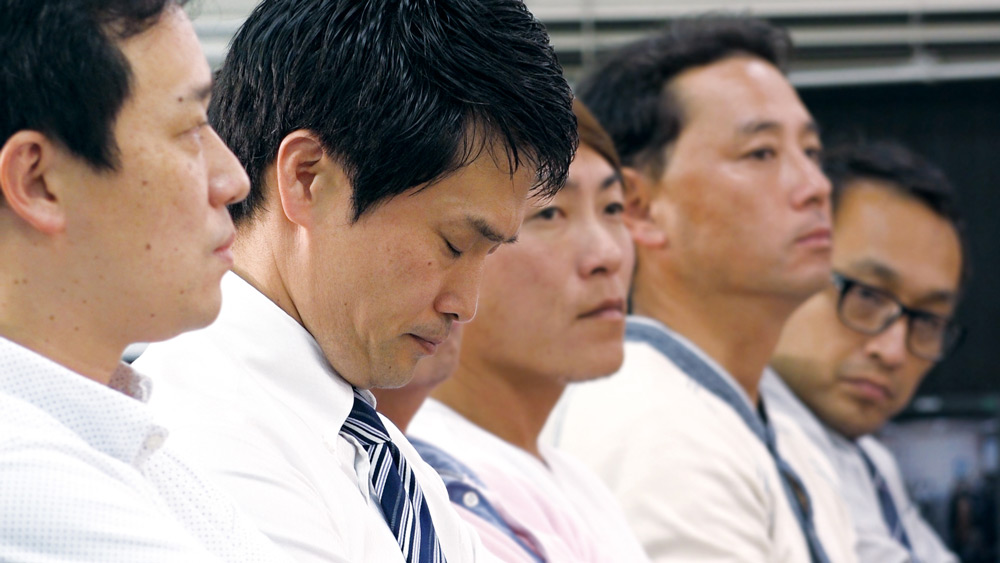!["Why Can't You Become Prime Minister?" Director Arata Oshima A rare politician documentary that has reached a high level of entertainment [Director's Interview Vol.63]](https://cinemore.jp/images/d3bc4e60ac585ac9f4216d7e7870ec4e9a57b7772bb8aa6d1af0be61aeb03b45.jpg)
"Why Can't You Become Prime Minister?" Director Arata Oshima A rare politician documentary that has reached a high level of entertainment [Director's Interview Vol.63]
The biggest and only performance of this movie
Oshima: Actually, many people say that it would be a good idea to watch or read this work together with ``Empress Yuriko Koike.''
*"Empress Yuriko Koike": A non-fiction novel by Taeko Ishii that was released in May of this year and became a bestseller. Through careful interviews, we have drawn a picture of his alleged falsifying his academic background, his career in politics, and his unknown words and deeds.
Q: It's true that if you read ``Empress Yuriko Koike'' and then watch the movie, you'll enjoy it even more.
Oshima: That's exactly right. When I look at Mr. Koike, I think it's amazing how he rises to the top. He carefully identified the people in power at the time and switched to Morihiro Hosokawa, Ichiro Ozawa, and Junichiro Koizumi. All three men have different political beliefs. Then I thought, ``Anything is fine with Koike-san.'' Anything goes, you can move up the ladder of power by behaving well and without discipline.
However, Mr. Ogawa is the opposite; he has a solid plan and policy that he wants to do, and because those are the most important things, he cannot get promoted. I think it's a wonderful contrast. That's why the election is being swayed by Koike.

Q: That's why I thought the title ``Why Can't You Become Prime Minister'' was exquisite? It perfectly expresses the theme of the work.
Oshima: Presenting the title to Mr. Ogawa in the first scene and defining the theme of this film was the greatest and only directing. It's a movie you watch to find out the answer to this question. Other than that, it's a straight-forward style that doesn't try to be too eccentric.
Q: Director Oshima himself often appears as a questioner in the movie. Is that intentional as part of your style?
Oshima: Yes. Everyone tells me that I "want to go out" (lol)
Q: What is your goal?
Oshima: It's a work from a microscopic perspective that follows one opposition politician over the course of 17 years, but it clearly shows that ``This is reality as seen through the eyes of one person, Oshima.'' I thought it would be better to tell the audience. I thought it would be fairer to the viewers to express that I was included as a filter rather than making it seem like it was an objective fact.
Q: So the director himself reads the narration during the film.
Oshima: Yes. I'm sure there are many parts of Junya Ogawa that I haven't seen yet.
A scene was hastily added just before the release to express the coronavirus pandemic.

